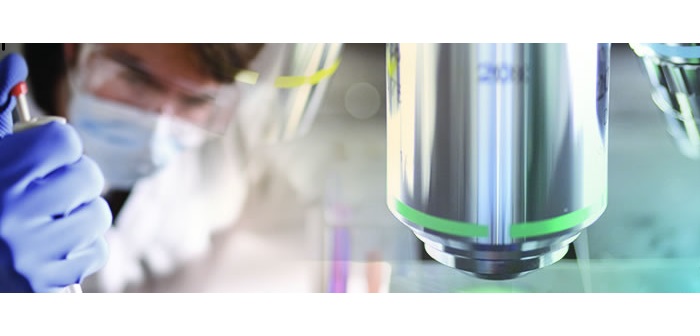Two flagship research projects into antimicrobial resistance (AMR) have been awarded nearly £5 million, one of the largest UK public grant investments in this area.
Announced by the Medical Research Council and the Biotechnology and Biological Sciences Research Council, the grants will go to the University of Warwick (£3.19m) and the University of Cambridge (£1.58m), with the money coming from the sol-called “war cabinet on AMR” an initiative which was established last year as part of a co-ordinated multi-disciplinary focus on the problem.
At the University of Warwick, Prof Chris Dowson and his team has been given the task of investigating the bacterial cell wall, which is a vital link in the chain of antimicrobial resistance.
At the University of Cambridge, meanwhile, lead researcher Dr Mark Holmes will look into the effects of antibiotic use on the entire population of animal gut flora. His work, using research in pigs, is designed to improve understanding of the evolution of antibiotic resistance, helping officials to make better choices about how to reduce the spread of antimicrobial resistance on farms.
“The rise of antibiotic resistance is clearly a threat to human and animal health,” said Dr Holmes. “While increasing agricultural efficiency has delivered ever cheaper food it has also led to greater levels of infectious disease on farms requiring antibiotic treatment. The use of antibiotics to treat groups of animals inevitably leads to the selection of resistant strains of bacteria on farms.
“By understanding how antibiotic resistance evolves, we hope to be able to inform the smarter use of drugs and stem, and even reverse, the tide of resistance.”
The UK research councils have ring-fenced £33.5m from the current spending round in an initiative to improve understanding of resistance, ultimately advancing the ability to develop new drugs and therapies.
The Warwick and Cambridge grants will run for 4-5 years.




